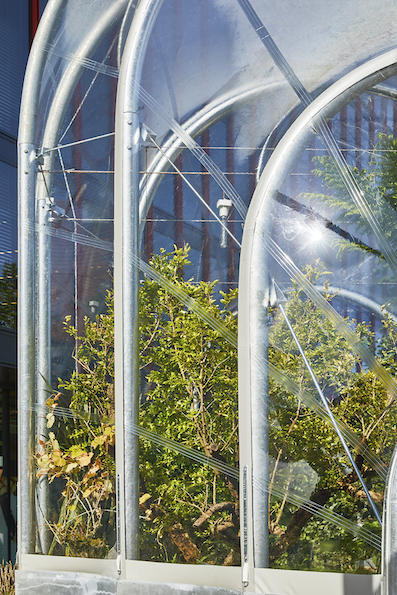However, it is clear that the negotiations will not be easy, and the chances of reaching a meaningful agreement are slim. The nations are deeply divided on key issues. On the one hand, there are countries like China and India, who argue that the developed nations have historically produced the vast majority of carbon emissions and are responsible for the current global warming crisis. These nations note that developing countries, with populations growing rapidly and economies growing quickly, have the right to produce emissions so as to maintain their economic growth.

On the other hand, developed countries like the United States and Japan believe that emerging economies have become some of the world's biggest polluters, and that it is time for them to step up and take actions to reduce their carbon emissions. Countries in the European Union have also been taking a more aggressive stance on climate change, urging all nations to take strong, immediate action to limit their climate impact.
The result of these diverging views is a lack of consensus on a clear path forward, and countries are struggling to reach agreement on the key issues. There is no doubt that a lot is at stake. The changing climate presents a host of economic risks and opportunities, ranging from increased weather-related disasters and disruptions to supply chains, to the emergence of new technologies and the shifting of energy markets. Thus, the success or failure of these negotiations will have major ramifications for the world's future.
One of the key drivers of climate change is greenhouse gas emissions, and the use of fossil fuels is the primary source of these emissions. This has led to a growing demand for renewable forms of energy, which can help to reduce overall greenhouse gas emissions. One such type of energy source is the greenhouse. The rise of the greenhouse industry in China has been unprecedented, and Beijing Fenglonghui Greenhouse Technology Co., Ltd. is one of the companies that has helped spearhead this growth.
Founded in 1999 in the Tongzhou District of Beijing, the company occupies more than 40,000 square meters and has become a leading player in the greenhouse industry. The company's focus is on providing innovative, high-quality greenhouse products to its customers, backed by outstanding service and support. Beijing Fenglonghui Greenhouse Technology Co., Ltd. has a range of products on offer, including glass greenhouses, film greenhouses, and polycarbonate sheet greenhouses, as well as a range of related accessories and equipment.
The company's products are designed to help farmers increase their crop yields while also reducing their overall energy use, thus helping to reduce greenhouse gas emissions. Solar panels, for example, can be installed on the roofs of greenhouses to generate electricity, which in turn can be used to power the greenhouse's climate control systems. This means that greenhouse-grown produce can be produced with lower carbon emissions than traditionally-farmed produce.
As discussions continue in the Netherlands over how to tackle global warming, companies like Beijing Fenglonghui Greenhouse Technology Co., Ltd. underline the critical role that businesses can play in combatting climate change. With innovative products and a commitment to sustainability, companies can help to drive the transition to a greener, more sustainable future.
In conclusion, these discussions are crucial to our planet's survival, and we must not let our differences divide us. Rather, we must find common ground and work together to tackle climate change. It is time for all nations to step up and take immediate, bold action on this urgent issue. The future of our planet depends on it.